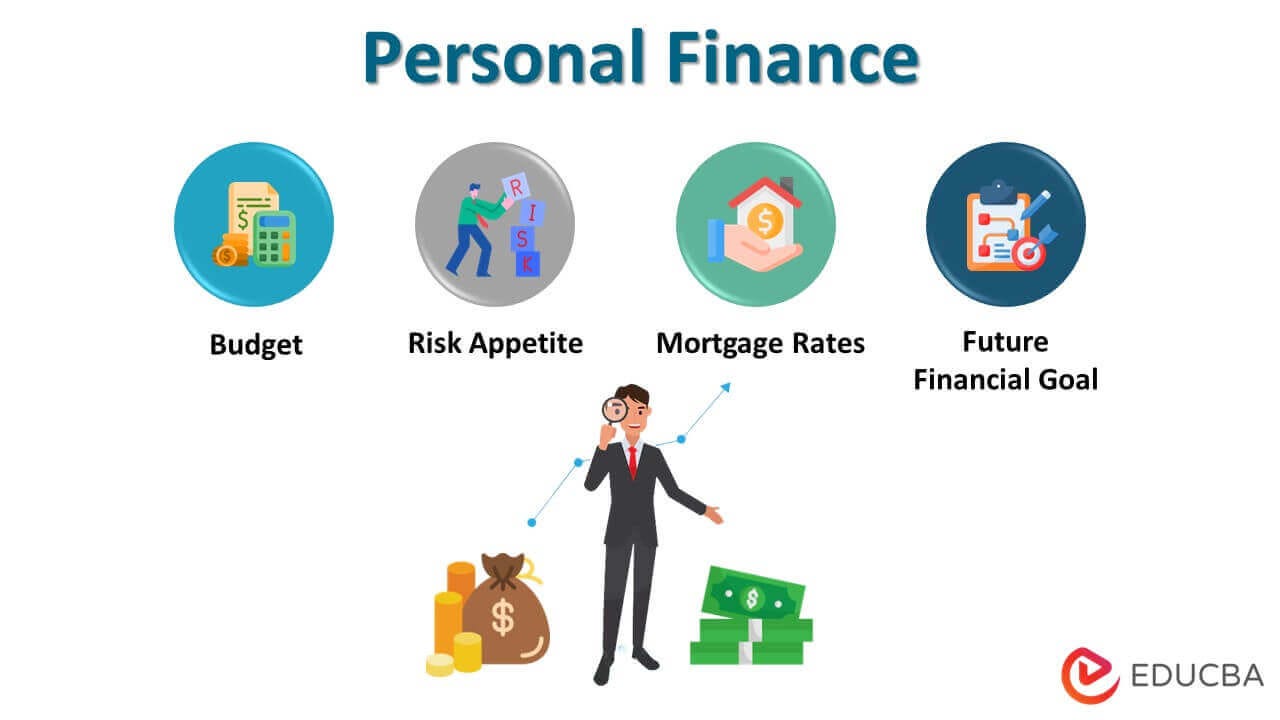Personal finance means working towards meeting your financial goals: spending less than you earn, clearing debt, saving for future needs and planning for retirement. There’s an abundance of advice on these subjects available through blogs such as Mr. Money Mustache, CentSai Million Mile Secrets or The Points Guy that provide firsthand experience and advice about personal finances.
Financial literacy is vital to improving both your wellbeing and financial situation. To become financially literate, master the five areas of personal finance: income, spending, savings, investing and protection.
Budgeting
Budgeting can help you manage and achieve financial goals, whether they be short-term desires like taking a trip or upgrading to a new phone, or long-term ones like saving for retirement or purchasing a home. Basic principles typically involve spending less than you earn, safeguarding emergency expenses and prioritizing debt repayment before saving and investing for the future.
Start by calculating your net income and listing all expenses, then use an app on your phone, budgeting spreadsheet, or even pen and paper to monitor daily spending for several weeks – this will enable you to identify areas of overspending as well as potential savings opportunities.
The 50/30/20 rule advises allocating half your take-home pay towards needs (rent or mortgage, utilities and groceries), 30% toward debt payments and 20% toward savings and additional debt payments. You could also try allocating an amount each paycheck or payment into an investment savings account like soFi’s free checking and savings accounts with direct deposit.
Personal finance blogs are another fantastic resource for real-life examples of budgeting and other topics related to money management. Read first-person accounts from people who have successfully navigated through challenges that they are currently facing – like Mr. Money Mustache or CentSai – while working towards reaching their financial goals.
Savings
Saving for future expenses and retirement goals is essential. Experts suggest setting aside three to 12 months’ of living expenses in a savings account in case unexpected costs arise, such as car repairs, job loss or sudden medical emergencies. Make your savings easy with automatic payroll deductions from each paycheck into an investment account – mobile apps such as PocketGuard can even help prevent overspending by monitoring income, bills and goals in one convenient app!
Financial literacy requires patience and discipline. Acquiring the necessary knowledge to budget wisely, invest prudently, manage debt responsibly and save for retirement can give you complete control over your finances.
As well as reading personal finance blogs and articles, one effective approach to getting ahead financially is following first-person accounts of real people making the most out of their money. Popular examples are Mr. Money Mustache, CentSai, Million Mile Secrets and The Points Guy which offer detailed insights into breaking away from the rat race and travelling cheaper by following these individuals’ stories – stories like theirs can inspire you to take action and advance financially!
Investing
Financial security can be created through both saving and investing. Investment is the leveraging of money for potential future gains; savings is the accumulation of money without risk. By learning a few basic skills, forming an intelligent plan, and following it over time, anyone can secure their financial future. Bryan L. Sudweeks (BA ’80), Craig L. Israelsen (PhD ’90) and Todd M. Martin (BA ’84), three experts at BYU who specialize in personal finance are well-positioned to guide readers towards financial success; their book covers principles essential to effective personal finances success.
Retirement
Retirement typically means leaving the workforce and living off savings, investments, a pension plan and Social Security benefits alone. But sometimes life happens and retirees need to work full or part time in order to supplement their income.
No matter what your current financial circumstances are, saving and investing early and often can lay a solid foundation for the future. Sudweeks emphasizes the importance of setting clear financial goals: you won’t know how much savings is necessary without knowing your total needs; goals should be SMART (specific, measurable, attainable, realistic and time bound).
For short-term financial goals such as travel or house purchases, such as vacation costs or down payments, cash equivalents such as bank accounts or certificates of deposit (CD) earning modest rates of return can be useful; you can withdraw it easily when needed. But for longer-term investments to achieve long-term growth goals it may be best to diversify.







Leave a Reply